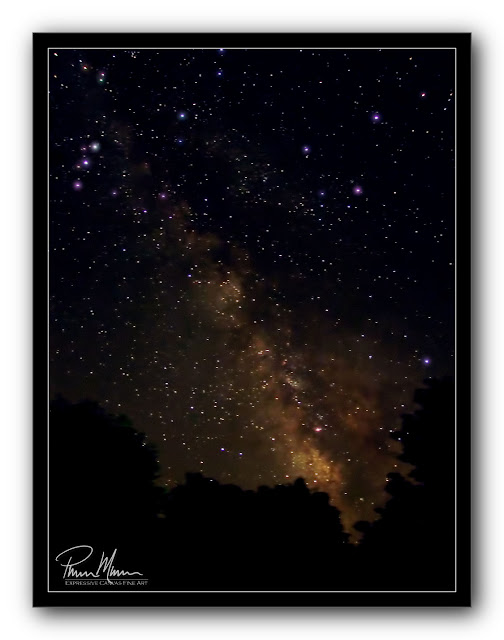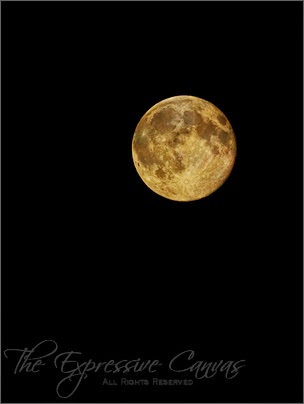Shooting the Milky Way

I have a down day for my health today... and I know tomorrow will be the same... so, I'm here at my desk trying to find some simple things to keep my mind occupied with something other than my health. There has been a lot of talk in a few of my astronomy groups about trying to capture a decent photo of the Milky Way and it seems that a lot of beginners have big problems with this. Fortunately, it really is not as difficult as people make it out to be. Most of these beginners have brand new dSLR's which are more than capable of capturing the Milky Way yet they are having difficulty capturing a decent image so I figured I should write something with some basic info about how to accomplish this type of photography. Any dSLR, technically speaking, is capable of capturing a pretty good image of the night sky so the biggest obstacle is learning how to use your dSLR. Today's mirrorless cameras are just as adept at this type of photography and some mirrorless camer...

